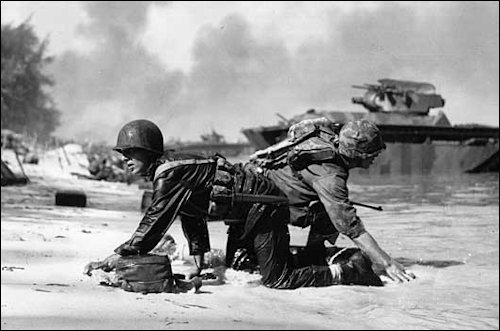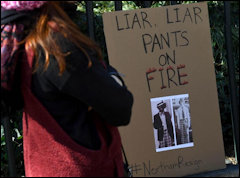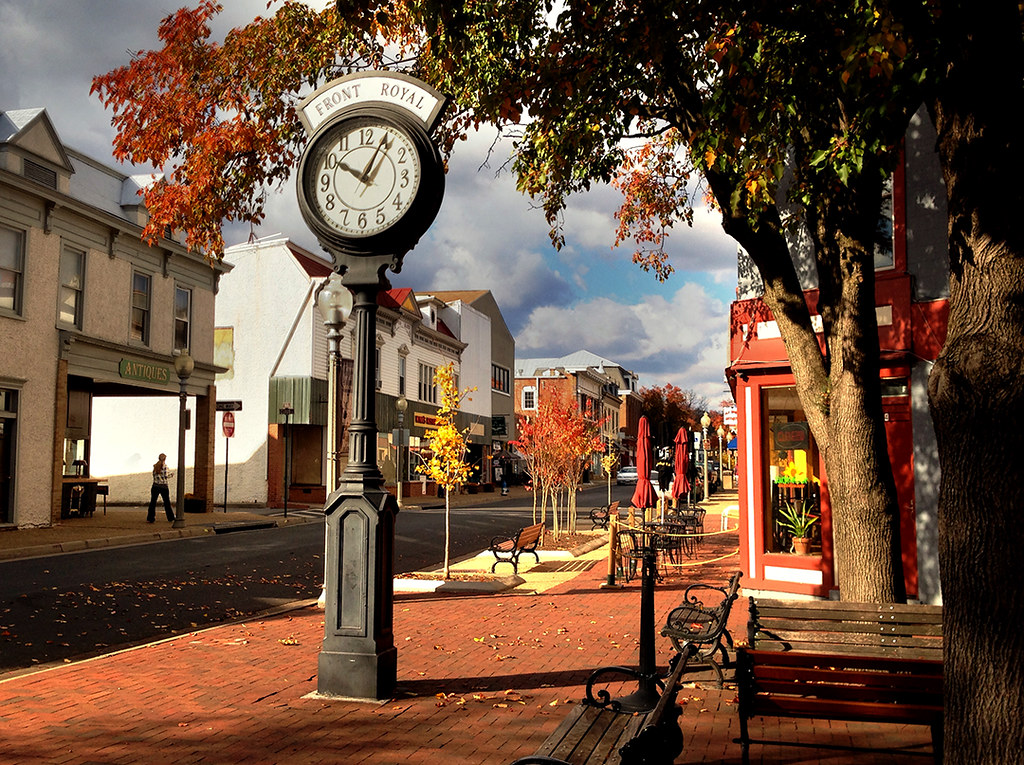
By Peter Galuszka
In a bizarre case for a small Virginia locality, 14 former and current local leaders of Warren County and Front Royal — including the entire Board of Supervisors — have been charged with misdemeanors relating to a major embezzlement case that involves the local economic development authority.
The Sept. 24 charges by the State Police follow the indictment in May of Jennifer McDonald, the former head of the local EDA, on 28 felony charges related to embezzling funds in a deal involving a promised new data center and office park.
Although he was not charged, Sheriff Daniel T. McEathron killed himself with a self-inflicted gunshot wound a few days after McDonald was indicted. He had been involved with an $8 million scheme to build a regional law enforcement training center at the project.
This could be the largest-ever public fund embezzlement scheme involving a single locality in Virginia’s history. To be sure, the state recently has had its share of schemes and scams. They include a $1.4 million state grant to a bogus Chinese company in Lynchburg. The executive director of the Virginia Tobacco Region Revitalization Commission was caught siphoning away public funds some years ago. Continue reading

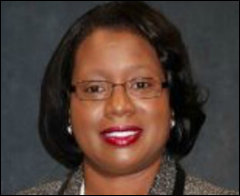
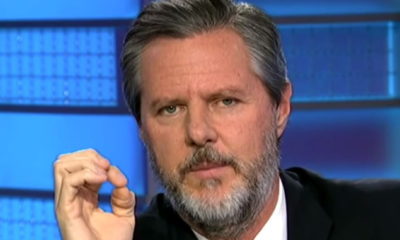
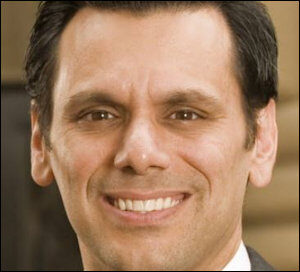


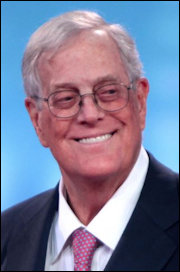
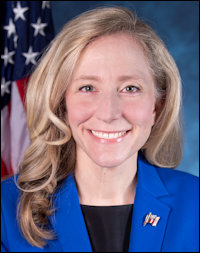
 Fifty years ago, when I was 16 years old, a classmate from my high school in suburban Washington, D.C., called and asked if I wanted to go to Woodstock.
Fifty years ago, when I was 16 years old, a classmate from my high school in suburban Washington, D.C., called and asked if I wanted to go to Woodstock.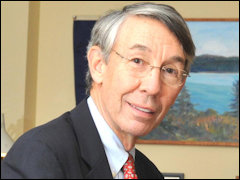
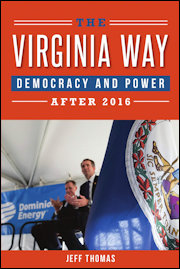


 More than 70 people strong, a small caravan made its way through the quiet streets of Farmville July 27 to protest a private jail for undocumented immigrants being prepared for deportation.
More than 70 people strong, a small caravan made its way through the quiet streets of Farmville July 27 to protest a private jail for undocumented immigrants being prepared for deportation.